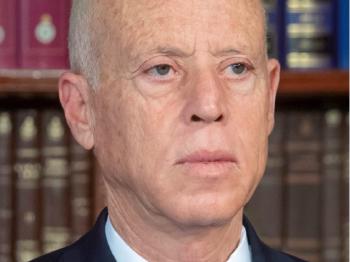Compared to other countries in the Maghreb region, Tunisia (98% Muslim) is relatively open, and even the Islamists are considered more “reasonable” than those of other North African countries. The 2014 post-Arab Spring constitution guarantees freedom of religion. It describes Islam as the religion of the state but not its source of legislation. However, sharia (Islamic law) has a significant place within family law.
A coalition government, established at the end of February 2020, includes Ennahda (Tunisia’s Islamist political party). About a fifth of Tunisian Muslims dress in a conservative Islamic way, but many others are questioning Islam.
The Tunisian Ministry of Religion has a Muslim section, headed by an imam, and a Jewish section, headed by a rabbi, but nothing for Christians (even though they are more numerous than Jews in Tunisia).
The Christian community is mainly expatriates, especially from Africa, but also includes some Tunisian converts from Islam and their children. Historic churches with foreign links are in a relatively strong position legally. Local Tunisian churches are not prevented from functioning but have no legal status so cannot own property. Converts from Islam are stigmatised by the majority Muslim community and may be rejected by Muslim relatives.
From the first century until the arrival of conquering Muslim armies in 647, North Africa had a vibrant Christian community. Christianity gradually disappeared in the following centuries (except in Egypt) but its last strongholds were in what is now Tunisia, in the cities of Tunis and Nefzaoua, where there were still Christians in the fifteenth century. The Church in Tunis was even growing at this time, perhaps as the last scattered Christians from across the Maghreb gathered there.

Prayer
Pray that Muslim-background Christians will have opportunities and courage to meet with others and build up their faith. Ask that the position of all churches may be properly recognised.
